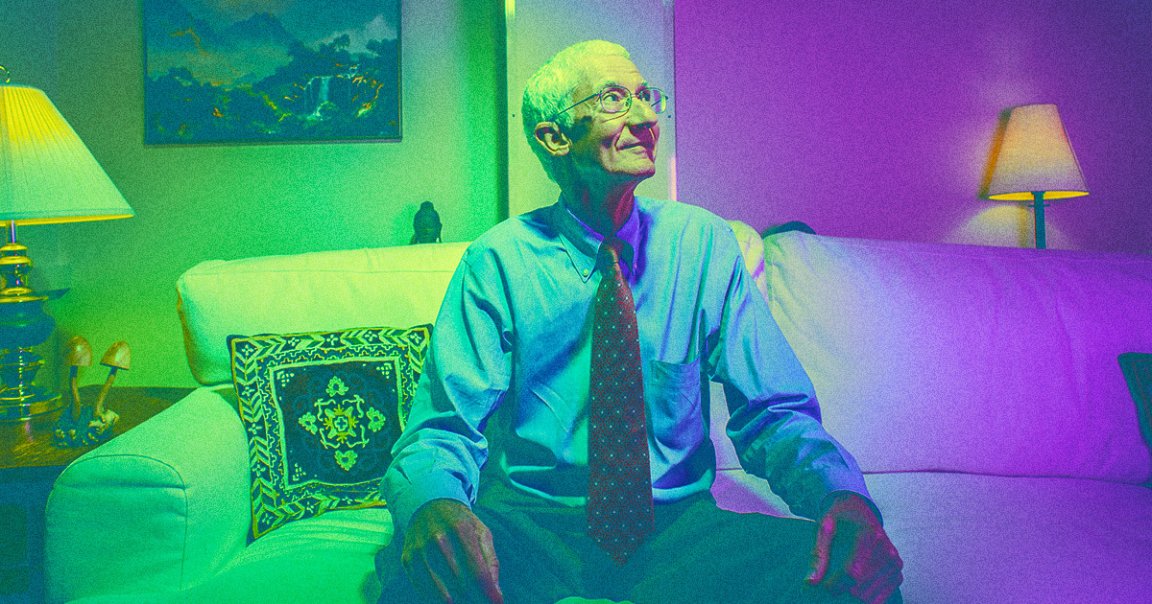
One of the world’s foremost psychedelics researchers is taking an inspiring approach to the knowledge of his impending death — by treating it as a beautiful, transcendental mystery.
“We all know that we’re terminal,” Dr. Roland Griffiths, the founder of Johns Hopkins’ Center for Psychedelic and Consciousness Research told the New York Times in a recent interview. “So I believe that in principle we shouldn’t need this Stage 4 cancer diagnosis to awaken. I’m excited to communicate, to shake the bars and tell people, ‘Come on, let’s wake up!'”
In the Q&A, Griffiths — whose work on psychedelics has helped normalize their therapeutic use — actually laughed when his interviewer asked what his chances of survival are.
“Prognosis is a 50 percent chance that I’ll make it to Halloween,” he told the NYT.
Rather than being afraid of his looming demise, Griffiths said that he’s instead felt that his “life has been more beautiful, more wonderful than ever.”
“My life has never been better!” he boasted. “If I had a regret, it’s that I didn’t wake up as much as I have without a cancer diagnosis. It’s been incredible.”
Griffiths noted that, somewhat ironically, the first study he and his JHU team ever did was with cancer patients who were “depressed and anxious” about their diagnoses. After just one time doing psilocybin mushrooms, the researchers found that their subjects experienced “large and enduring decreases in depression and anxiety.”
With that framework in mind, the doctor said that while he was initially hesitant to take psychedelics upon first getting his diagnosis — he himself hasn’t taken them much since beginning his research into psychedelics just before the turn of the century — he decided to interrogate that hesitancy.
“A question arose: Is there something I’m avoiding by not taking a psychedelic?” Griffiths said of his inner monologue. “Am I defending against some dark, fearful thing I’m in denial about?”
So, he took lysergic acid diethylamide, better known as LSD, and used it to interview himself. He found that the profound aliveness he was feeling was legit — and that he was exactly where he needed to be to handle the reality of his own death.
“It is what it is,” Griffiths said of his experience with terminal cancer. “It’s real. And what’s more fun than reality?”
More on psychedelics: Startup Trying to Test Whether People on DMT Experience a Shared Alien Universe